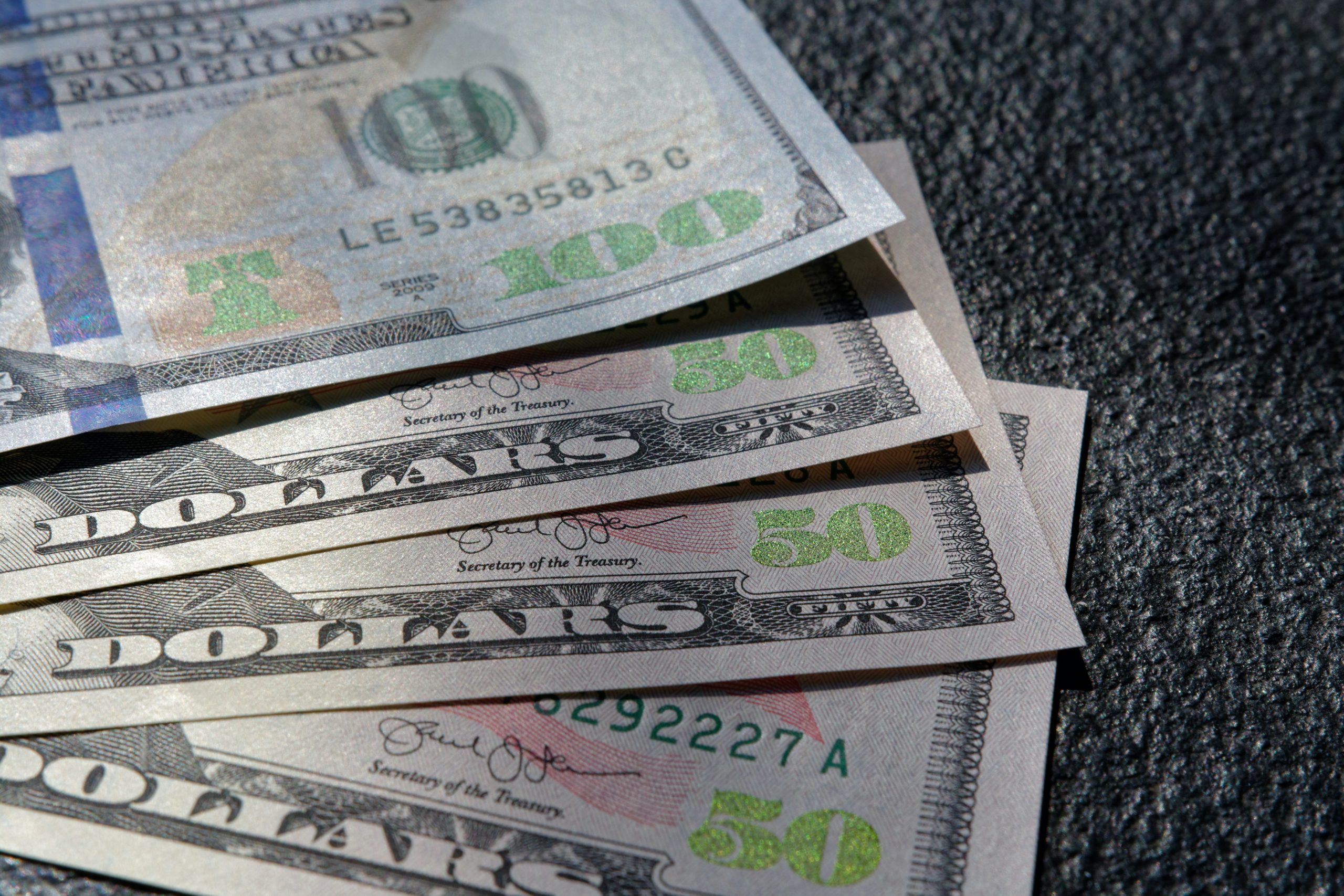
CFPB to Limit Overdraft Fees Charged by Big Banks
The Consumer Financial Protection Bureau (CFPB) has proposed a rule to rein in excessive overdraft fees charged by the nation’s biggest financial institutions.
The proposal would close an outdated loophole that exempts overdraft lending services from longstanding provisions of the Truth in Lending Act and will affect how big banks structure overdraft protection plans.
Since 2000, Americans have paid an estimated $280 billion in bank overdraft fees, according to CFPB. During that time, the annual revenue big banks derived from overdraft fees soared, helped by the boom in consumer debit cards that have become popular over the last decades.
The proposed rule would apply to insured financial institutions with more than $10 billion in assets, which covers approximately the 175 largest depository institutions in the country. These institutions typically charge $35 for an overdraft loan, even though the majority of consumers’ debit card overdrafts are for less than $26, and are repaid within three days.
Approximately 23 million households pay overdraft fees every year. The CFPB estimates that the rule may save consumers $3.5 billion or more in fees per year.
The proposed rule would allow financial institutions to charge a fee in line with their costs or in accordance with an established benchmark. The CFPB has proposed benchmarks of $3, $6, $7, or $14 and is seeking comment on the appropriate amount. The final amount will be released when the rule is published, likely some time in the next year.
CFPB officials said they expected the rule to be finalized in the coming year, and then go into effect in October 2025.


